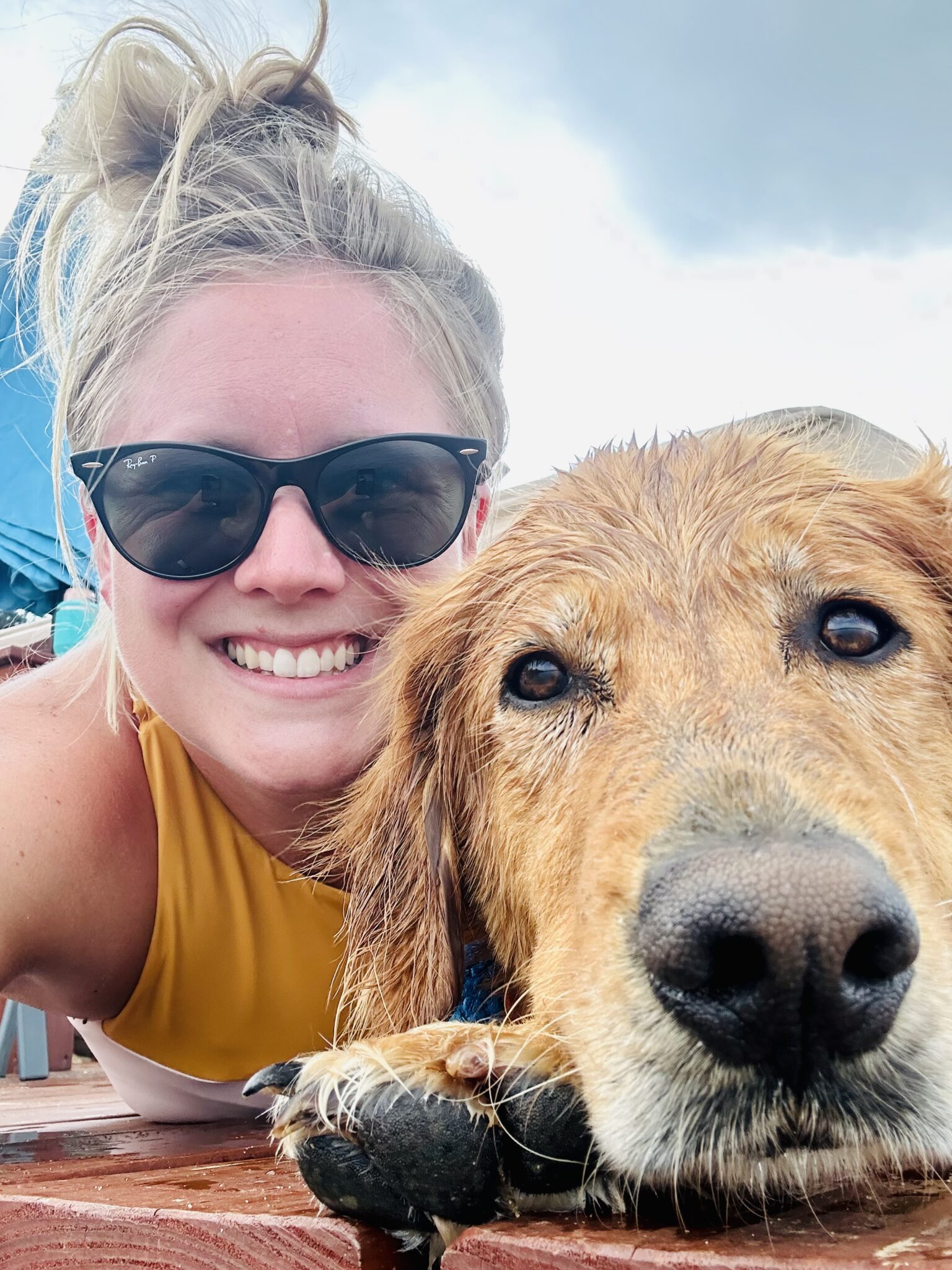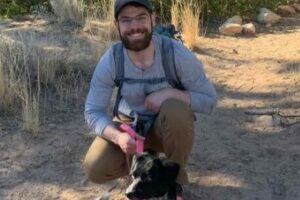In February 2019, I had surgery to remove a benign bone tumor in my sacrum, a triangular bone that connects the spine to the pelvis. An IV was placed in my right arm prior to the procedure, but I noticed they had switched the IV site to my left arm when I woke up from anesthesia.
My right arm progressively became more sore over the next few days, and on day four I visited an emergency department. My right arm was swollen, red, and hot to the touch. It also hurt worse than my back did post-surgery. An ultrasound confirmed a DVT in my right arm. I ended up taking Xarelto for six months and switching to a non-estrogen based birth control pill as a result.
In 2022, I had an IV placed in my left forearm prior to a MRI. Pain and redness followed a few days later along with a hard, “cord-like” feeling just beneath the skin. An ultrasound confirmed thrombophlebitis, an inflammatory process that causes blood clots to develop.
After reviewing my history during a routine appointment, my OB/GYN questioned if I had ever been tested for a blood clotting disorder. She referred me to the hematology/oncology department to investigate further. Results of the blood tests revealed heterozygous factor V Leiden. My other risk factors were hormonal birth control and surgery.
I have since had thrombophlebitis again following an IV placed for a MRI this past September. Because IVs have provoked all of my blood clots thus far, I make sure to inform nurses of my factor V prior to placing them. After having this information, they typically take more precautions with me (e.g., using ultrasound to place IVs, following up to make sure I don’t have symptoms of another clot).
While having a genetic blood clotting disorder isn’t what anyone wishes for, I feel very fortunate to know there’s a cause for my recurring clots. I’ll be able to do what I can to help prevent them in the future.
My advice to others is to be vigilant and watch for signs of a clot after any medical procedure.
Resources
Factor V Leiden
Know Your Risk
Questions to Ask Your Doctor About Blood Clots




